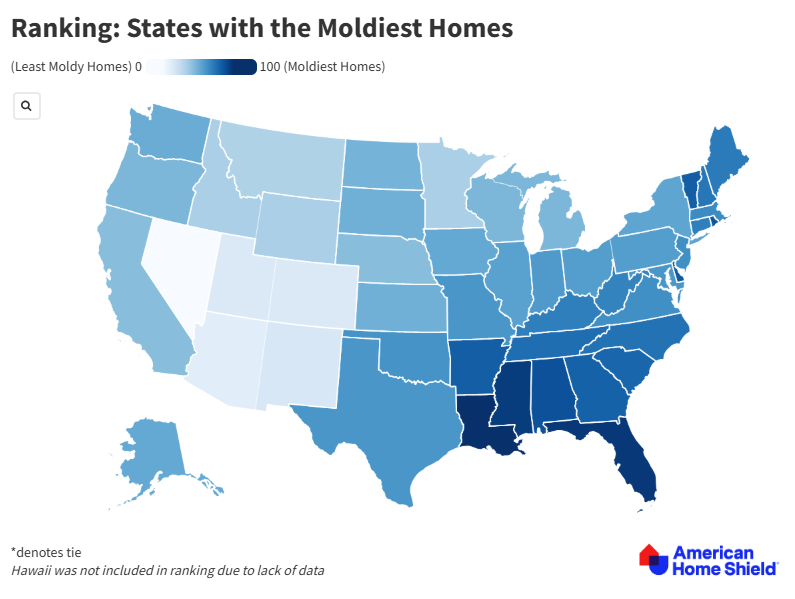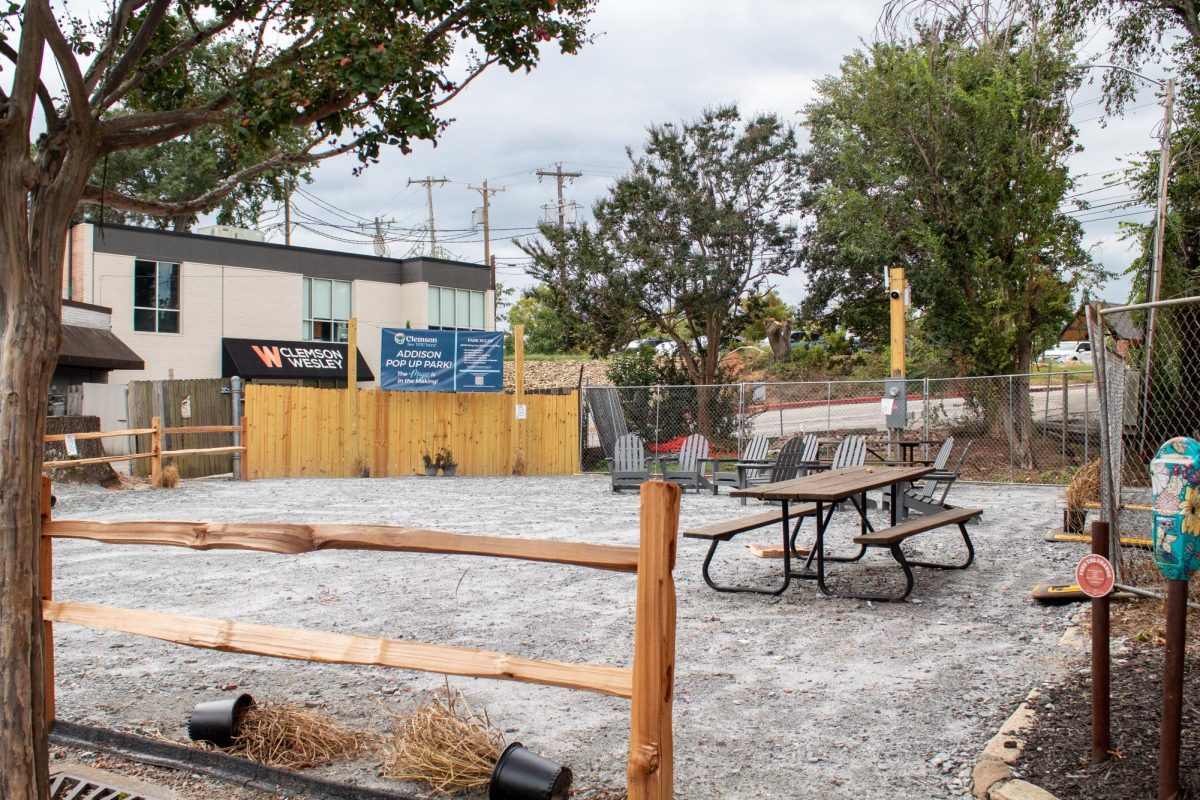On a list of states with the moldiest homes in the United States, South Carolina has been ranked ninth.
American Home Shield launched a ranking of the top 10 moldiest homes by state in the nation, in which South Carolina received a score of 66 out of 100.
The ranking methodology is determined by several environmental factors, including “average annual rainfall, temperature, relative humidity, and dew point,” according to American Home Shield’s website.
The company also “looked at Google searches for mold in the home,” which contributed to indicating the rank. The study was conducted over a 24-month period: August 2022 through July 2024.
Clemson University’s Division of Finance and Operations website addresses the indoor air quality issue on campus, specifically with a document on how to prevent mold in residential housing.
The document mentions “remembering the three C’s”: cleaning, climate and communication.
The University also has a fact sheet — “On Keeping Your Space Free of Mold and Mildew” — that provides tips on preventing mold growth, maintaining good ventilation and cleaning up mold and mildew.
The University emphasizes keeping spaces clean, checking for mold and dust accumulation and disposing of garbage regularly.
Currently, South Carolina’s score for average rainfall stands at 101.96 inches, average temperature at 64.1 degrees, average relative humidity at 69.1 and average dew point at 51.6, according to American Home Shield.
These results scored South Carolina as 66 out of 100, with the state of Louisiana scoring the highest with 79.
In 2021 and 2022, the University received over 300 “reports or responses to mold in university housing,” according to The Post and Courier.
The article visited concerns at the time regarding Clemson University’s response to mold, noting that “in nearly every case, reports didn’t call for further monitoring unless a student complained that symptoms persisted.”
With humid summer months coming up, doctors at Memorial Health Hospital recommend that people stay aware of signs of mold in their homes or symptoms they might experience from mold, according to an article by WRDW News.
When reporting indoor air quality, for temperature, odor complaints, suspected water leaks or visible mold, refer the complaint to [email protected].
For indoor air quality complaints with no visible odors, leaks or mold, refer to a request form and email to [email protected].
















